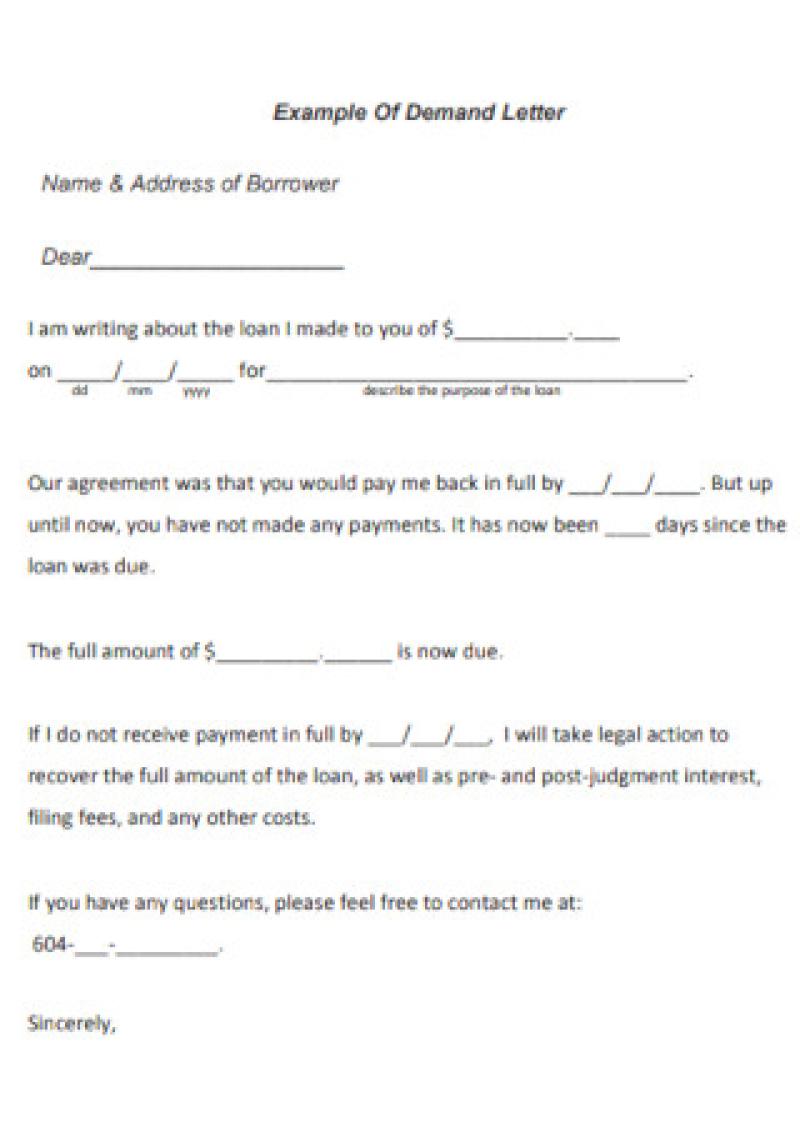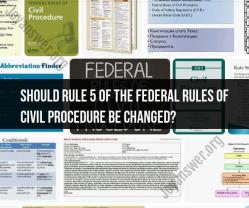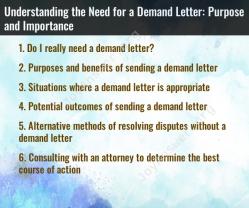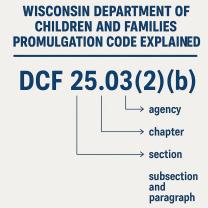How to handle demand letters?
Handling demand letters requires careful consideration and a strategic approach. A demand letter is typically a formal written document from one party to another requesting specific actions, such as payment for damages, resolution of a dispute, or compliance with certain terms. Here are some general strategies and tips for handling demand letters:
Read and Understand the Letter:
- Carefully read the demand letter to understand the sender's claims, requests, and expectations.
- Note any deadlines mentioned in the letter for a response or action.
Seek Legal Advice:
- If the matter is legally complex or you are unsure how to respond, consult with an attorney. Legal advice can help you understand your rights and obligations.
Gather Information:
- Collect all relevant documents and information related to the claims made in the demand letter.
- Organize a timeline of events to better understand the context.
Communicate Professionally:
- Respond in a professional and courteous manner. Avoid using inflammatory language.
- Clearly and concisely address each point raised in the demand letter.
Negotiation and Settlement:
- If appropriate, consider opening a dialogue for negotiation. This might involve proposing a settlement or compromise to resolve the issues without going to court.
Document Everything:
- Keep a record of all communications related to the demand letter.
- Document your responses, any agreements reached, and copies of relevant documents.
Consider Mediation or Alternative Dispute Resolution (ADR):
- In some cases, suggesting mediation or ADR can be a more cost-effective and timely way to resolve disputes without going to court.
Review Insurance Coverage:
- If the demand is related to an insurance claim, review your insurance coverage and involve your insurer in the process.
Consult with Your Business Advisors:
- If the demand is related to business matters, such as contracts or employment issues, consult with your business advisors or relevant professionals.
Formal Legal Response:
- If necessary, and after consulting with legal counsel, respond with a formal legal letter addressing the specific legal aspects of the claims.
Compliance and Corrective Actions:
- If the demand involves compliance issues, take appropriate corrective actions to address any identified problems.
Remember, the specific approach may vary depending on the nature of the demand and the applicable laws in your jurisdiction. Always seek legal advice when in doubt, and ensure that your responses are in line with your legal obligations and best interests.
Receiving a demand letter can be an unsettling experience, especially if you're unfamiliar with legal matters. However, it's crucial to respond to demand letters promptly and professionally to protect your rights and interests. Here's a comprehensive guide on how to effectively respond to demand letters:
1. Understand the Demand Letter:
Carefully read the demand letter to understand the specific claims, allegations, and demands being made against you.
Identify the sender, the recipient, the date, and the nature of the dispute.
Pay attention to any deadlines or timelines mentioned in the letter.
2. Seek Legal Counsel:
Consulting with an attorney is highly recommended, especially if the demand letter involves significant financial implications or complex legal issues.
An attorney can review the demand letter, assess the situation, advise on your legal options, and help you craft a strong response.
3. Gather Relevant Information:
Collect any documents, evidence, or correspondence related to the dispute. This may include contracts, receipts, invoices, witness statements, or emails.
Organize the information in a clear and concise manner to facilitate understanding and support your response.
4. Craft a Timely Response:
Respond to the demand letter within the specified timeframe or as soon as possible to demonstrate your willingness to address the issue.
The response should be written in a formal and professional tone, avoiding emotional language or personal attacks.
5. Address the Specific Claims:
Clearly acknowledge the receipt of the demand letter and identify the sender and recipient.
Address each claim or allegation individually, providing specific responses and supporting evidence.
If you agree with the claims, state your willingness to resolve the matter promptly.
If you disagree with the claims, explain your position and provide counterarguments or evidence to refute them.
6. Propose a Resolution:
If the sender has made specific demands, respond to each demand with a clear proposal for resolution.
Be prepared to negotiate a mutually agreeable solution that addresses both parties' concerns.
If you cannot reach a resolution through negotiation, consider alternative dispute resolution methods such as mediation or arbitration.
7. Seek Professional Assistance:
If the dispute cannot be resolved through direct communication or if the sender escalates the matter, seek legal assistance promptly.
An attorney can represent you in court proceedings, negotiate on your behalf, and protect your legal rights throughout the process.
Additional Strategies for Responding to Demand Letters:
Maintain a calm and professional demeanor throughout the process.
Avoid making admissions of guilt or apologizing without legal counsel present.
Keep copies of all correspondence and documents related to the dispute.
Document your actions and communication for future reference.
Remember, responding to demand letters promptly and effectively is crucial to protect your legal interests and resolve disputes amicably.












